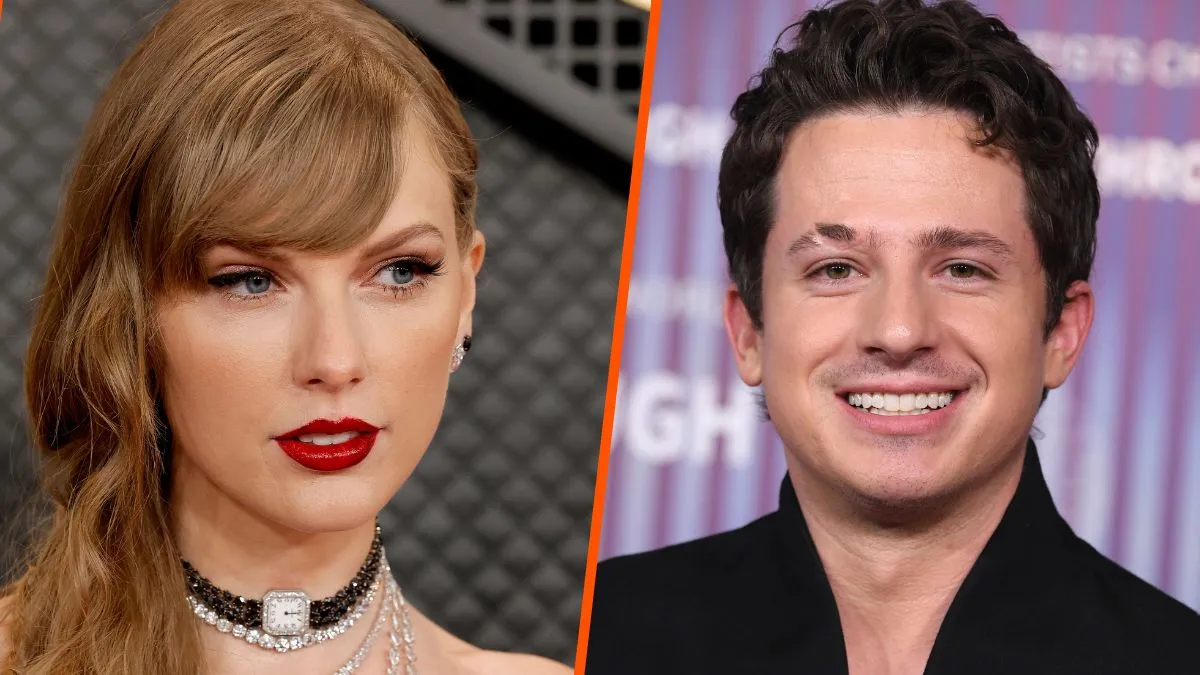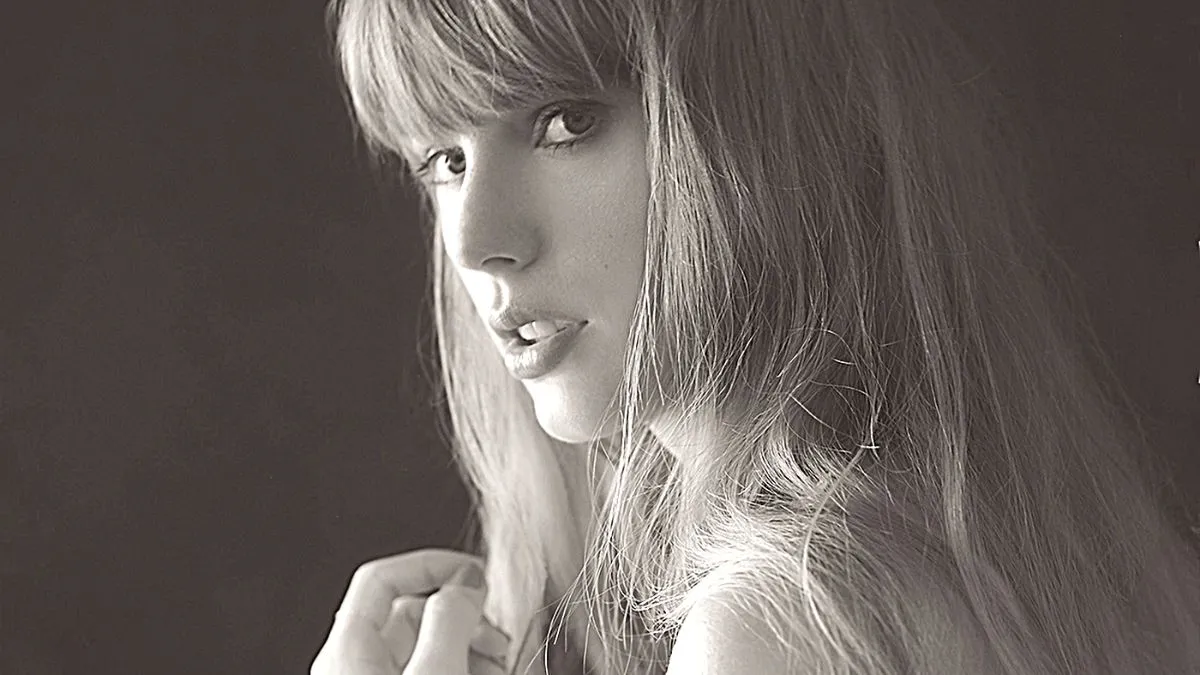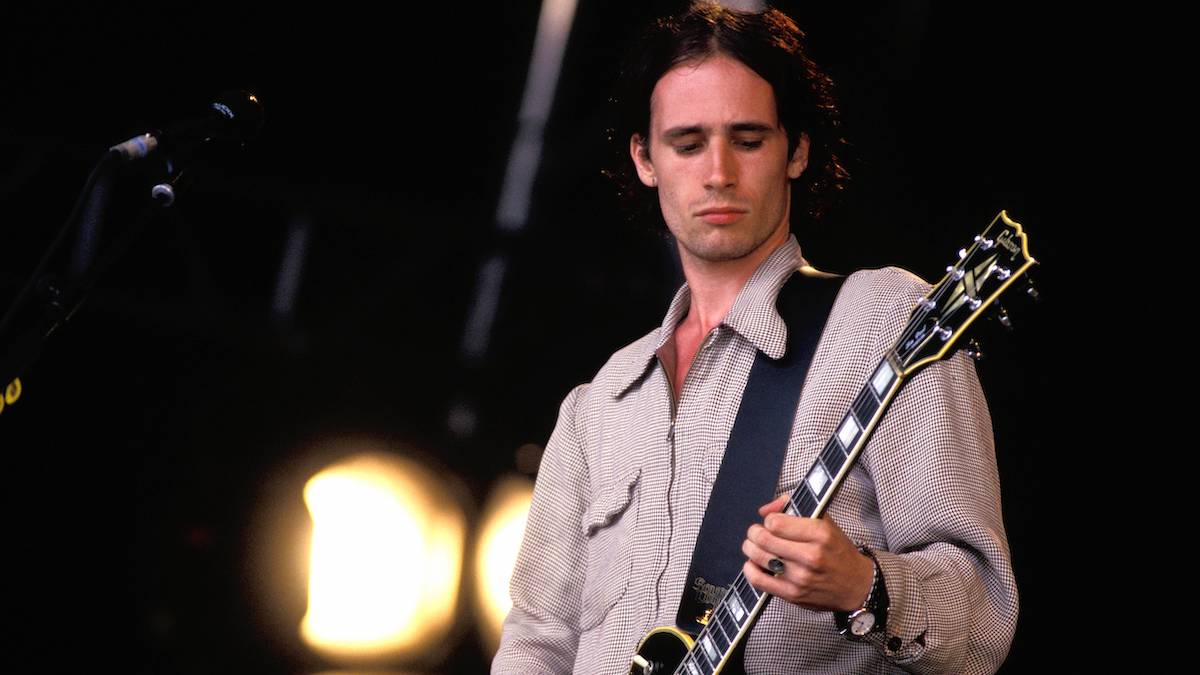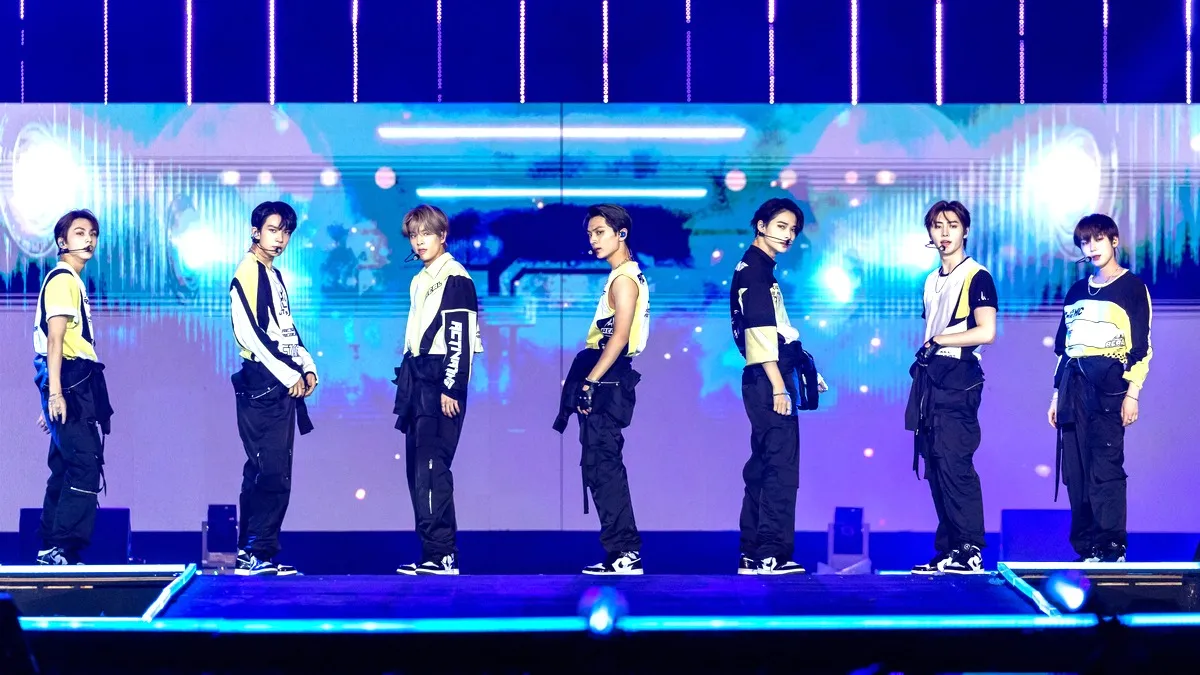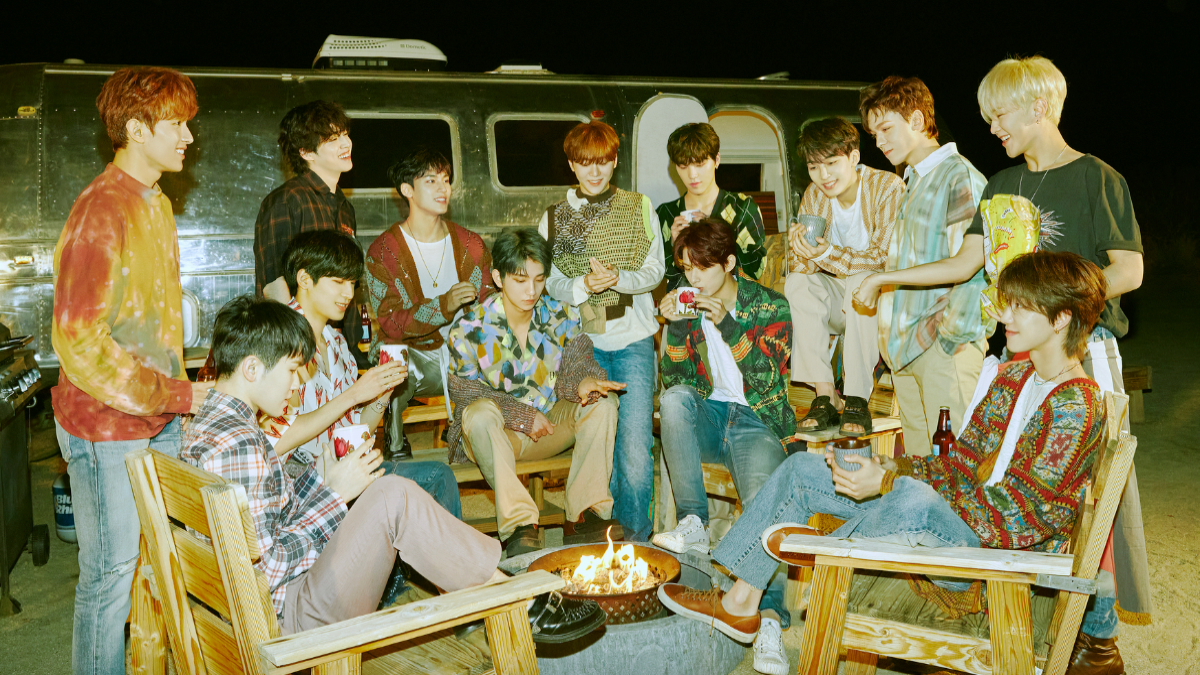
Although the biggest thing happening in Morgan Page‘s career right now is his new album, DC to Light, his tenure in dance music extends far enough back for him to provide insightful perspective on its meteoric rise. A true producer’s producer, Page was originally signed to John Digweed’s Bedrock label and Satoshi Tomie’s SAW imprint, among others, so it would benefit anyone interested in EDM to take his reflections and predictions regarding the movement to heart.
We recently caught up with Page to discuss all things EDM – from his new album to his residency at LIGHT nightclub in Las Vegas to artists who use ghostwriters. Even though he’s one of contemporary dance music’s more prolific artists, he stays remarkably humble and matter of fact when talking about his time as a DJ/producer.
Check out what he had to say below, and enjoy!
First of all, congratulations on your new album. It’s been three years since you released In The Air and it must have felt good to put out such a quality progressive house album right in the middle of festival season. How have the crowds at your performances received the songs since their official release?
Morgan Page: Yeah, it’s great, y’know, it’s exciting because now that the album’s out and people have permission to get excited. It’s legitimately out there on Spotify, and yeah, whenever I play shows everything’s a blur, but you do look around and watch to see how the crowd reacts and so far it’s been really good.
I understand that you made the whole album in your home studio relying only on solar power, correct?
MP: Yeah, it was all solar powered and it was just really good timing, y’know. A friend of mine had talked me into solar power; I was skeptical about it at first but then I found out that it didn’t really cost anything to do. Basically your power bill goes down. So I had developed a solar panel for my roof two years ago, and pretty much the entire length of the production process of the album. I thought that was kinda’ cool so we tied it into the whole theme and design of the album cover.
It’s commendable that you’d use an album as an opportunity to bring awareness to something like that.
MP: I don’t really think the solar power companies advertise themselves as well as they could. I think they need more examples of people using it in real-world situations, and you don’t have to live in L.A. to have tons of resources for it. Y’know, Germany is one of the top producers of Solar Power.
I think the best-received song on the album is obviously the single, “Open Heart.” My personal favorite is “Think of You;” I like that it has just a little more of that edgy, sawtoothy electro sound to it at the drop. I’d like to know, though, what’s your favorite track and why?
MP: My favorite track on the album is definitely “Open Heart,” but I think it’s been interesting to see how it’s been received. Like, you go through every single tweet and response online, and everyone’s got their own favorite. I mean, “Open Heart” is definitely the standout favorite, but it’s pretty equally divided between all the tracks, so I think that’s a good thing. It’s not typical. I thought people would have like three favorites, or there would be three standouts, but there’s no filler on this record.
There were definitely songs that didn’t make the cut, and I wanted the whole album to be strong – and simple, in a certain way, not like overproduced. It was important to me that it would be balanced; like, “Think of You” has that edge, but if they were all like that it wouldn’t be that enjoyable – if they were all, like, bangin’ electro tracks.
The album as a whole is very balanced; I think a lot of people would agree that production wise it’s a major step up from your previous work in that regard. Why do you think that is? Have you got some new tricks up your sleeve that you can share little bits of with all the bedroom producers reading this?
MP: Well, you know, I’m actually working on a book for music producers right now. It’s recently culminated in a blog that explores these topics more and more in long form, but there’s daily tips I put out on Twitter.com/MPQuickTips, and the blog is MPQuickTips.com. So, y’know, a lot of stuff in there, but what changed the past few years? I think for me, it’s just that after doing so many records, it’s important to me to do something that lasts, and I think it’s sort of tragic that I see a lot of good music come out and it disappears immediately.
As a creator that would be frustrating for me, so I just have all these check marks that I have to check off for each song. There’s this whole qualitative process that I have to go through for each song, like, “Is there a hook? Is the arrangement right for the song? Does it give you goosebumps?” I have this mental checklist that I go through every time, and I think that’s really important.
So even with as much experience as you have, your songs still have to manage to give you goosebumps for you to invest more time into them?
MP: Yeah, that’s a prerequisite. And that kind of stuff can’t be projected, but I hope that with each song I touch on something universal for everybody. But you don’t always achieve that; you aim for that. Some songs do better than you expect, some songs do worse, but you have to be happy enough with every song that you think it can achieve that.
Seeing as how you’re such a producer’s producer, you’ve got to have an opinion on ghostwriters – especially in light of the list of artists who use them that Mat Zo recently tweeted out.
MP: I think it’s something that’s gonna continue to be more of an issue, and be a bigger talking point, even though it’s sort of a messy issue. I’ve never used ghostwriters, y’know, I credit everybody I work with. Even under the Morgan Page brand, there’s a lot of people involved but I do a lot of it myself. I write, I engineer, I mix, I do everything even up to the last point – which is mastering. If I was more efficient maybe I’d have more people working on it, but it’s usually me and a songwriter and we both work on lyrics, we both work on melody, then I do the chords, the mixing and the editing to build the project.
But in terms of where I stand on the whole debate, I think there’s a lot of grey area. I don’t wanna, like, defend ghost producers, ‘cause the whole thing kinda’ aggrevates me, but it’s so complicated, and everybody has their own different way that they like to approach production. Some guys simply don’t have the time to make their own music. There are some people who have an agreement, and everybody’s happy with that agreement. It doesn’t have to be relayed back to the public – but it can be kind of disenchanting to fans.
For some fans, they don’t understand the whole process of how a record is made, and ghostwriting is nothing new. It’s been around forever as a production method on songs, but what drives me crazy is when people pretend to be super hands on when they’re not. You see them in the studio pretending to be all savvy, and you’re talking to these guys and they can’t explain notes, frequencies or really basic concepts of audio production. It’s fine, it works for some people, but I would hope that everyone gets the proper credit.
Everybody does it differently, like Dash Berlin has three guys – but when I saw that list, a lot of that stuff I didn’t even know about. You’re never totally aware of everything that’s happening. The debate will probably get bigger and bigger because as people get more successful there’s less time in the day, and it is very hard to produce on the road; I don’t do that very well so I block off chunks of time to spend in the studio, like a month or two, and I turn down every offer, and I work, and then I go back to the road.
This year, LIGHT in Las Vegas has been a big residency for you, but you’ve also held other big ones in Las Vegas. I know you generally prefer playing in clubs because of the acoustics, so which of them has been your favorite?
MP: Y’know Vegas is fun. Some nights are trickier than others because you’ve got to appeal more to the masses so I’ve gotta make everybody happy. I’ve gotta make the fans happy who come to the show and I’ve gotta make Joe Public happy, who comes out and doesn’t know a single Morgan Page song – I’ve gotta keep that person on the dance floor until 3:00 AM. It’s really challenging. That’s been a really fun part of it over the years.
I did one year at the Palms, two years at the Wynn, and this year at LIGHT at Mandalay. Last year was 25 shows. It was crazy. That was almost too many shows, but it’s a quick trip and I can come back and work on music, and that was it because the majority of the year was Vegas dates. It’s less for LIGHT, I think it’s more like 20 shows, but it’s still a lot.
But yeah, LIGHT is one of the best clubs in Vegas – I think OMNIA and LIGHT are the two best clubs in Vegas right now. I like those better than the clubs at the Wynn. The Wynn is a great hotel, but the clubs were a little smaller and had limited production, and LIGHT is just a beautiful club.
Once upon a time, you were signed to John Digweed’s label, and you can’t really have a conversation about what progressive house used to be without mentioning his name. However, I think that the recent future house fad has become kind of a gateway drug by which a lot of the new generation is discovering more underground sounds. Is this making you want to revisit your proper house origins at all?
MP: It’s a really interesting time in music, and it’s weird, like this weekend I ended up playing at a trap show with Carnage and it was a crazy, crazy night, but I remember talking to these kids, and they were like, “Hey, you’re a legend, you got us into EDM when we were 13,” and it made me feel so old. (Laughs)
I’ve only really been touring professionally for about eight years, like full time full time. When I was doing stuff for Bedrock and Satoshi Tomie’s label SAW, it wasn’t a full-time career, it was just getting started. I mean I’ve been here a long time, and it’s really strange that people are just getting into the genre. It’s really flattering. So I dunno, will I change the sound to go back in the direction of where I started? Probably not; I mean it’s definitely very cyclical in terms of where the sounds change and where they go, and if I do that I just feel like I’m chasing my tail.
The main approach that I have is just I start with a song, and that can be drafted any way that I want. It could be an acoustic version, it could be a future house mix, but that’s not gonna have the same kind of energy to work live. I don’t think I could transition to tropical house, like it’s very tough. But maybe more of a live set, like, live instruments, but I don’t know where it’s gonna go. The next record will definitely be different – it might be more experimental, it might be mellower, but it’s probably not gonna be harder.


